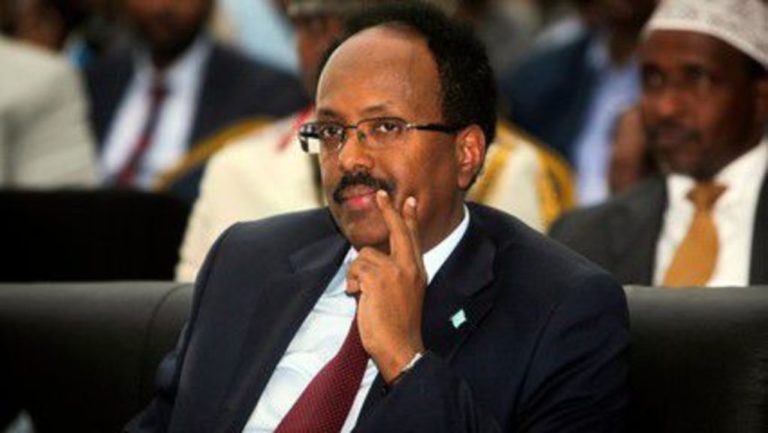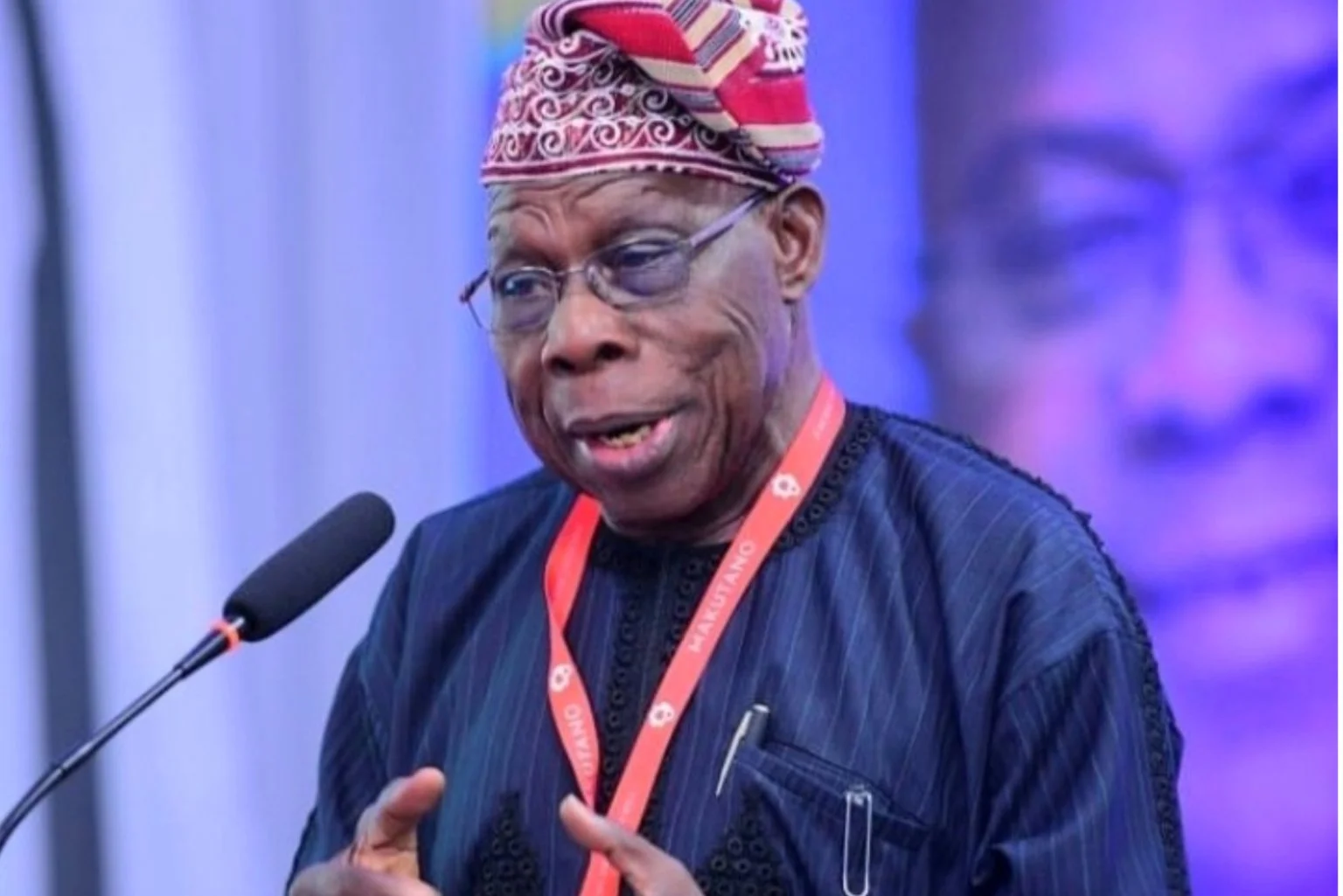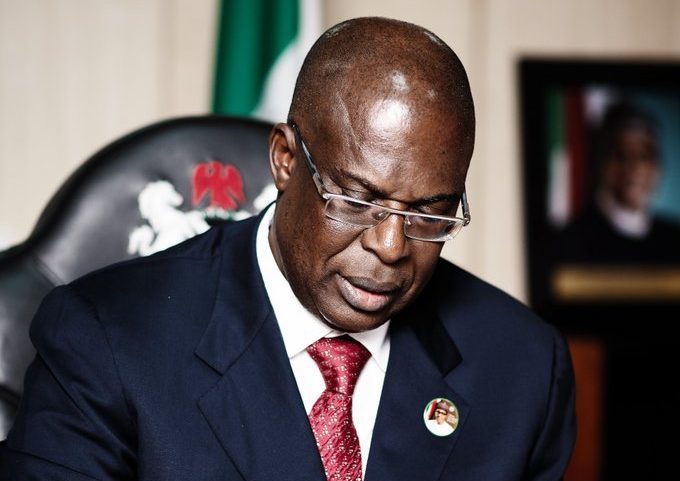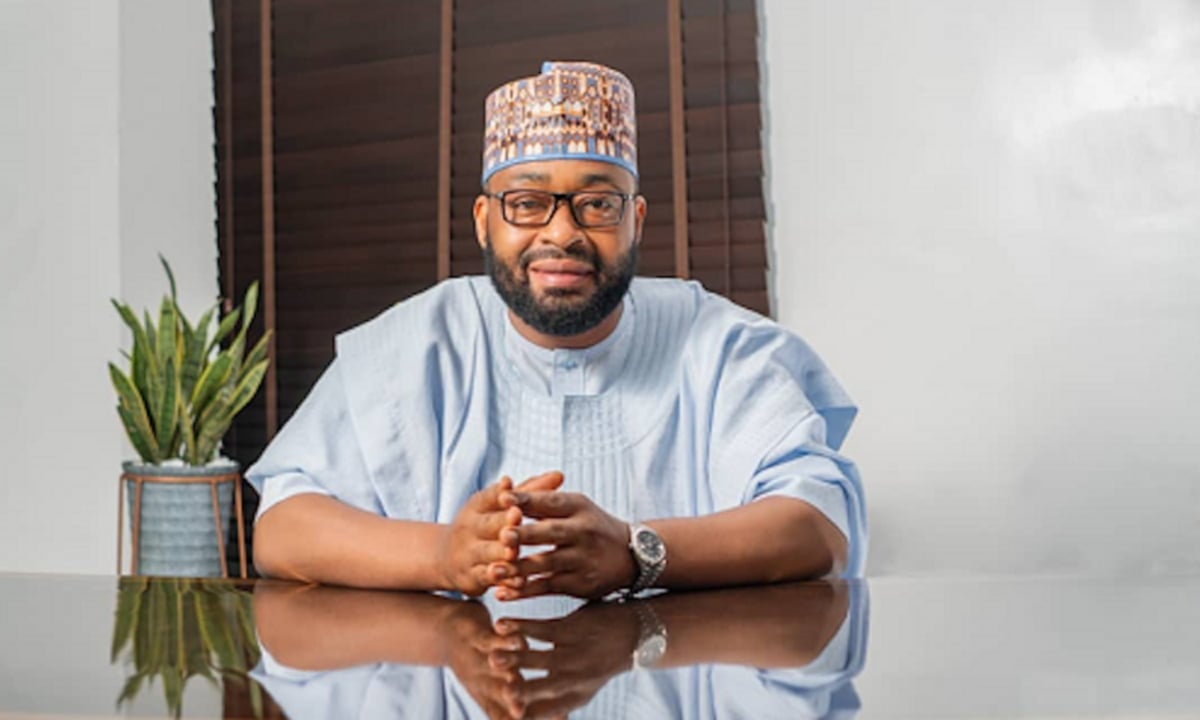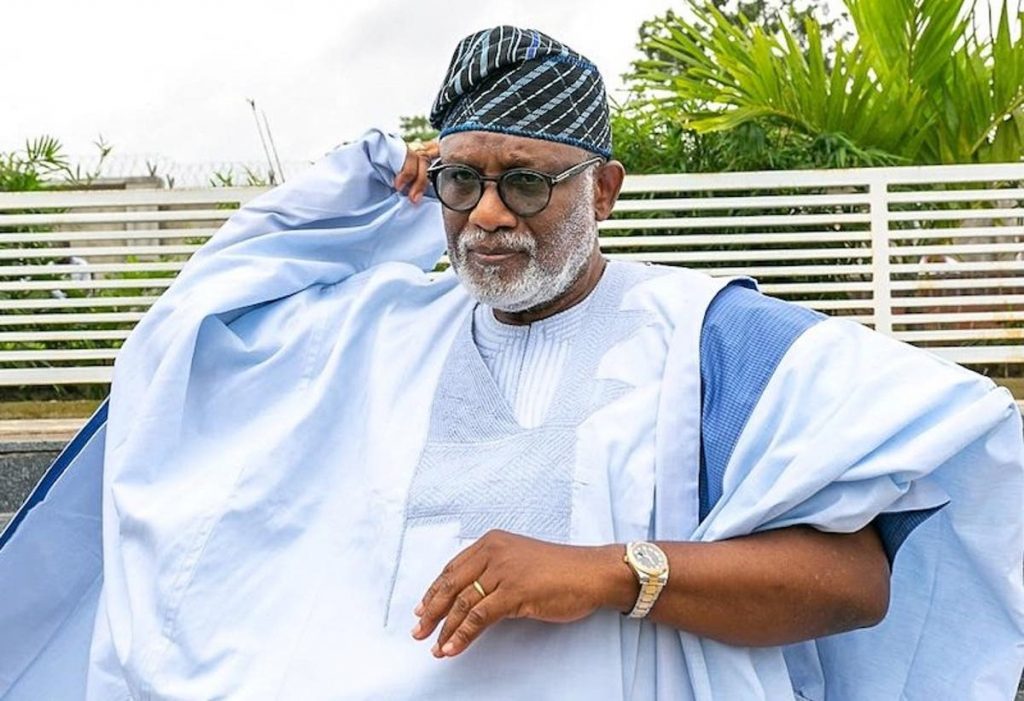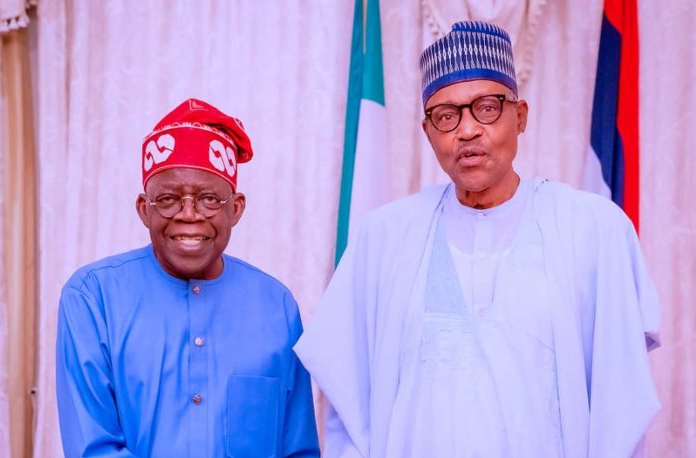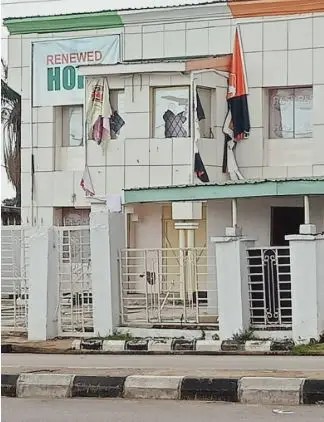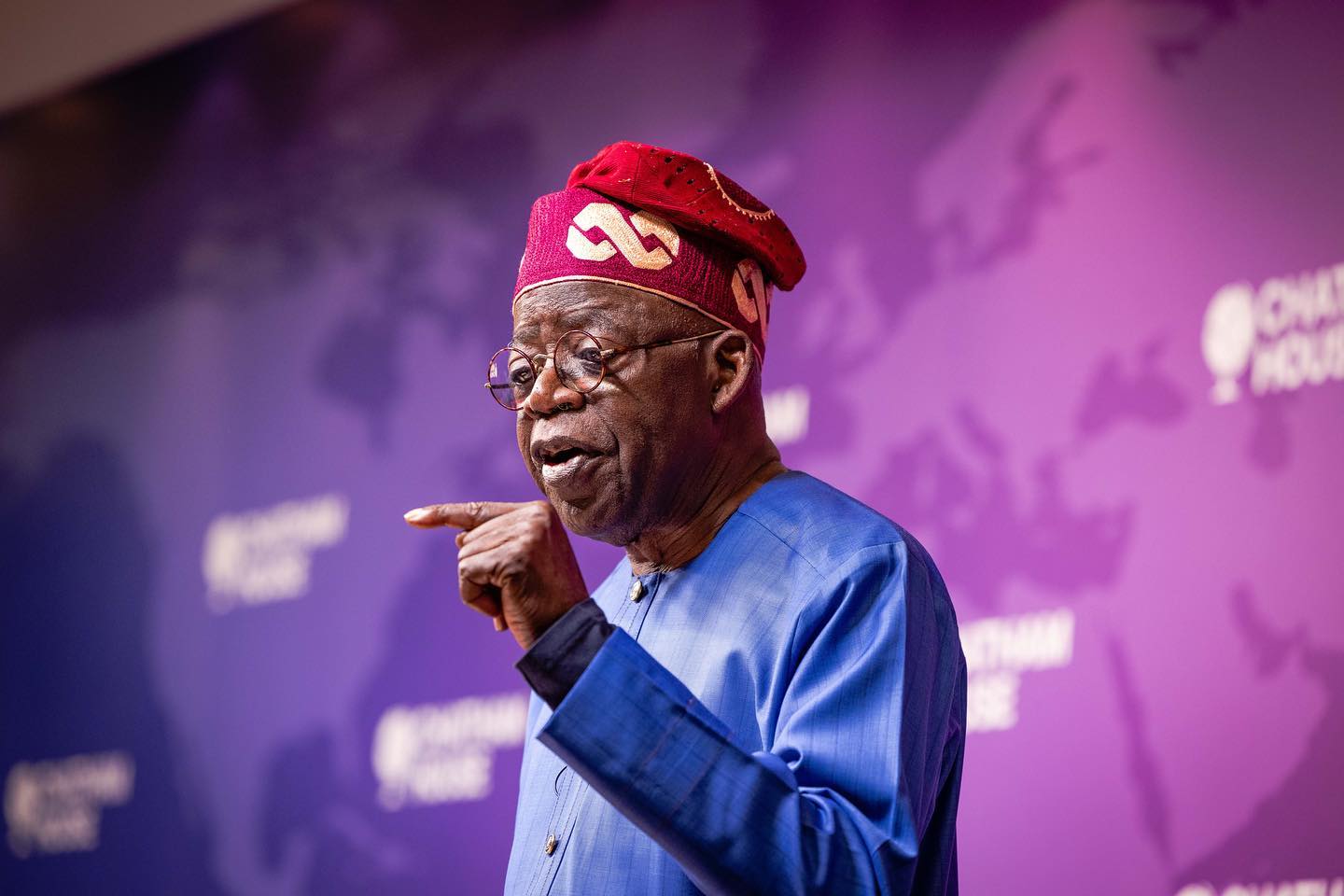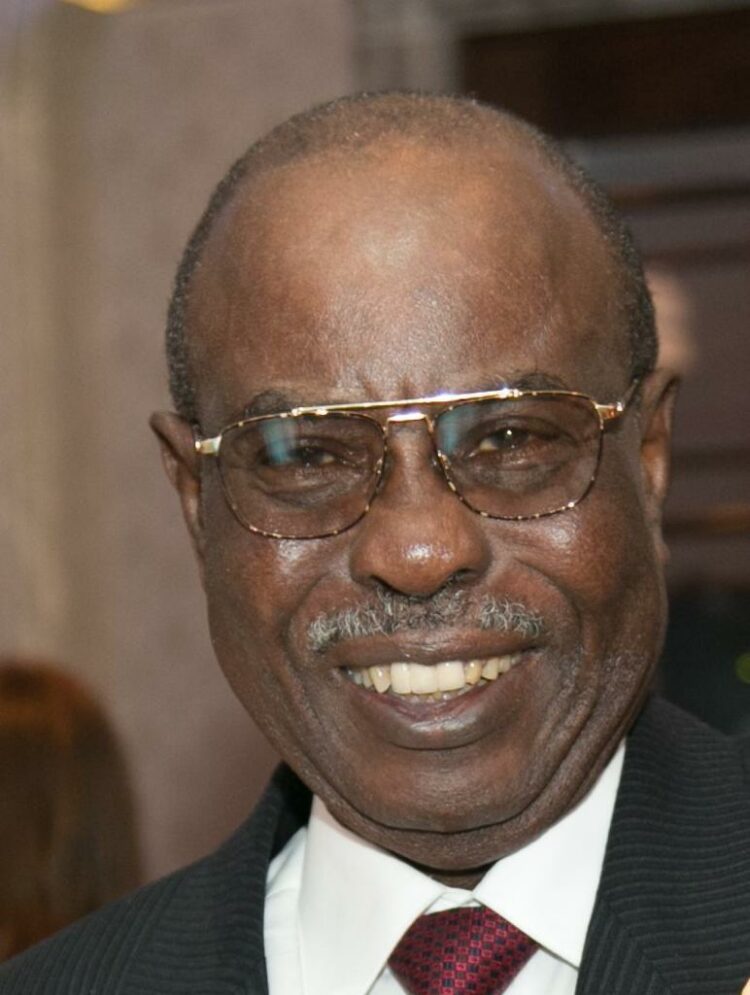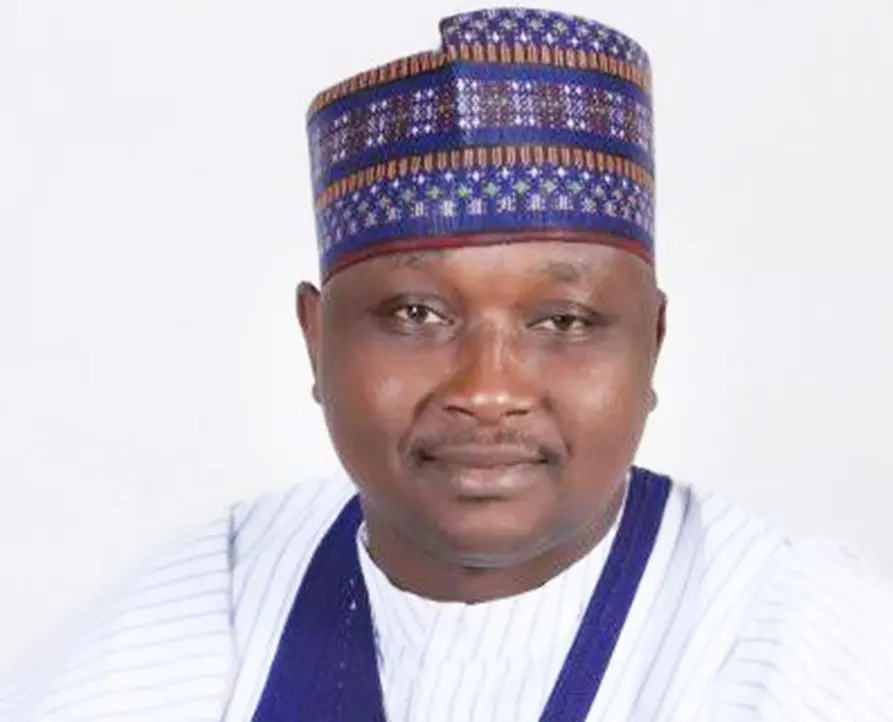Somali leaders and stakeholders yesterday commenced negotiations Saturday aimed at organising new elections after the postponement of recent polls sparked one of the country’s worst political crises in years.
Tensions have continued to mount around the nation after President Mohamed Abdullahi Mohamed last month extended by two years a mandate which had expired on February 8.
Days after that decision, violence erupted in the capital as government forces clashed with pro-opposition groups who briefly took control of parts of the city.
In a bid to de-escalate the unrest, the president, better known by his nickname Farmajo, earlier this month tasked Prime Minister Mohamed Hussein Roble with reaching out to rivals to hold roundtable talks while agreeing to hold presidential and legislative polls.
Read Also: Somalia Plans New Routes Following Kenya Flight Ban
Those talks, due initially to have started on Thursday, finally began Saturday as Roble met with the leaders of Somalia’s five semi-autonomous states and the mayor of Mogadishu in a tent erected at the city’s airport.
Sources at the meeting said the talks opened amid tight security with African Union Mission in Somalia (Amisom) peacekeepers and local police deployed in force.
‘The national consultative conference on the elections opened today between the Federal Government and the Federal Member States,‘ government spokesman Mohamed Ibrahim Moalimu said in a statement.
‘All of the leaders who will attend the forum are present now and the prime minister is chairing the conference.’
Extremist violence
The preliminary nature of the talks means they will first address ongoing sources of tension, including the composition of the electoral commission and poll security, sources told AFP.
Only thereafter will ‘finalisation’ of poll logistics, including an actual date, be decided, they added, with no indication of how long the talks will last.
Farmajo’s arrival as president in 2017 was widely seen by Somalis as a sign of hope, many regarding him as committed to fighting corruption as well as the Al-Qaeda-linked Al-Shabaab extremist group which has been trying to overthrow the federal government since 2007.
His decision to extend his mandate was, however, seen as a means of reinforcing his own power base while his time in office has not seen undue progress in keeping Al-Shabaab at bay.
AFRICA DAILY NEWS, NEW YORK

